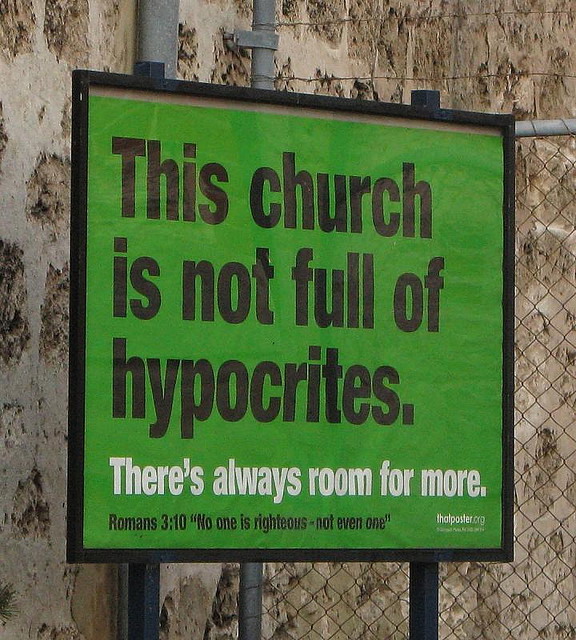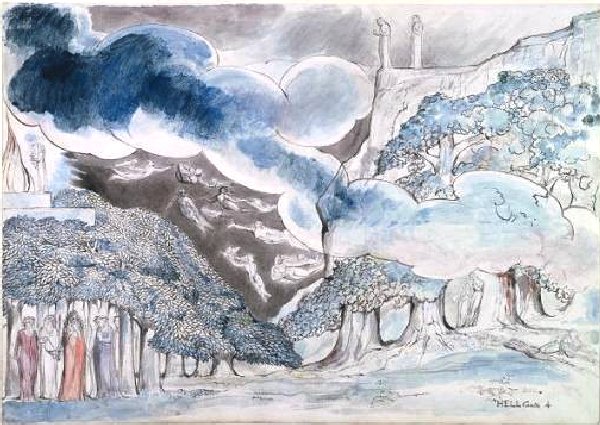
When I first observed the film’s title, I was struck by the German word feind, similar as it is to fiend in English.
Searching out meanings and connections, I cam across two linguistic concepts: false friends and false enemies. I have trouble distinguishing them, which is more than a little ironic.
“False Friends (French: faux amis) are pairs of words or phrases in two languages or dialects. . . that look or sound similar, but differ in meaning.”
False Enemies, on the other hand, are “unrelated words spelled alike in two languages . . .”
Whether linguistically it is a false friend or enemy, the word feind in German translates into English as predator, enemy, or foe.
Given the friendship that had existed between the two protagonists in the film, “enemy” seems the best translation into English, especially as the original meaning of fiend (English spelling), retained in the German, was understood as the opposite of friend. Entymology To play on an old aphorism, we might say He who is not my friend is my fiend, my Satan.
Thus, perhaps, the German feind and the English fiend are neither false friends nor false enemies. Maybe, like the two former friends and now enemies in the film, the two words are actually exactly what they seem: true friends and true enemies.
The metaphor is probably strained, but as in a comedy of manners, the two former friends, even during their friendship, are often saying something very different than what the other and those who surround them understand or perceive.
Yet even more than a comedy of manners, this is a comedy of menace, a narrative where humor is found in the darkest of places and circumstances.
It’s surprising to find in a film set within the context of the Holocaust a tragedy writ larger than the Holocaust itself; but in My Best Enemy, the tragedy is about betrayal and is one shadowed by language.
In word and in deed, one friend says to another, I love you like a brother and I treasure our friendship more than I can express. You are my brother, but the other friend hears I pity you for your poverty and lack of station and I am always looking down on you from above. The differences between us are an inseparable barrier and I will always have more, be more, than you.
Such misunderstandings and barriers are the stuff of everyday life; it is, perhaps, only the enormity of history that raises the divisions between these friends to the level of the murderous.
But whether they happen in the midst of historical massacres or in everyday life, divisions and misunderstandings between us and our susceptibility to their influence remain, at their core, a tragedy.
 |
| “The picture of the little girl is an example of false friends in a Dutch advertisement actually meaning ‘Mummy, that one, that one, that one ...’ ‘Please.’, In English this could easily sound as though the child is telling her mother to die, although the word is not pronounced the same way in the two languages.” Wikipedia |














